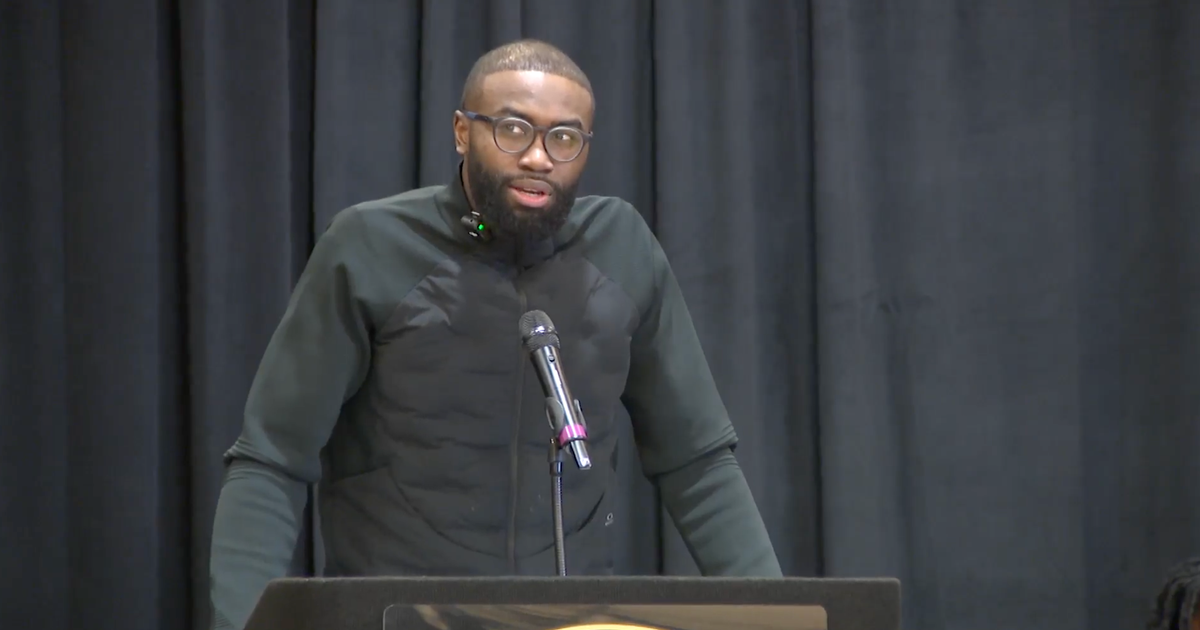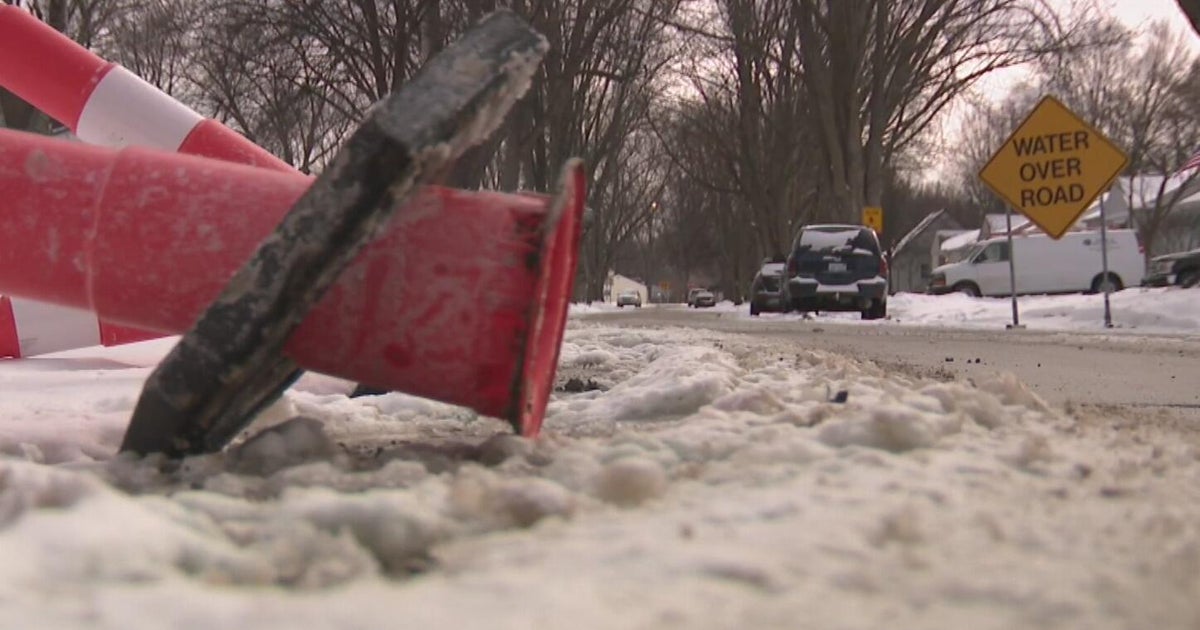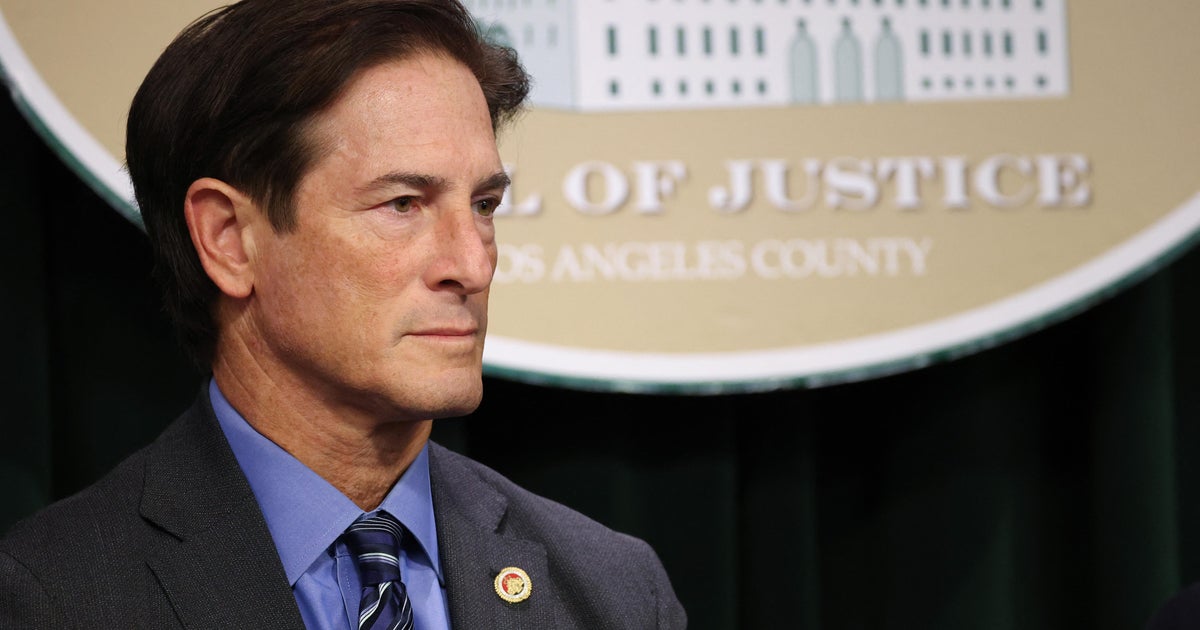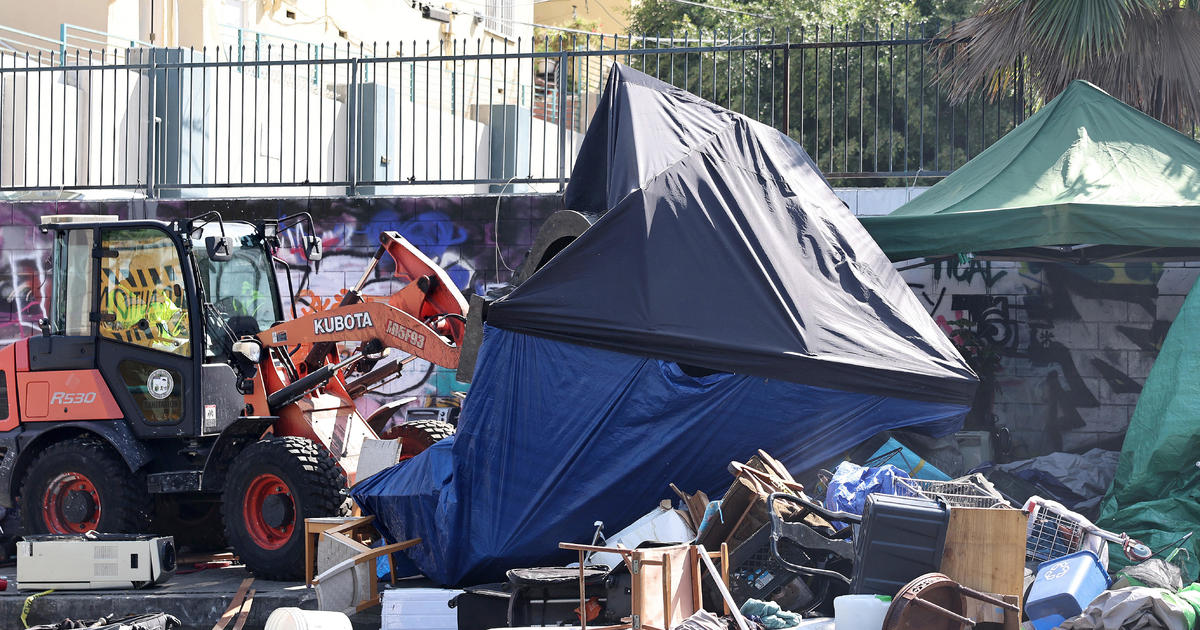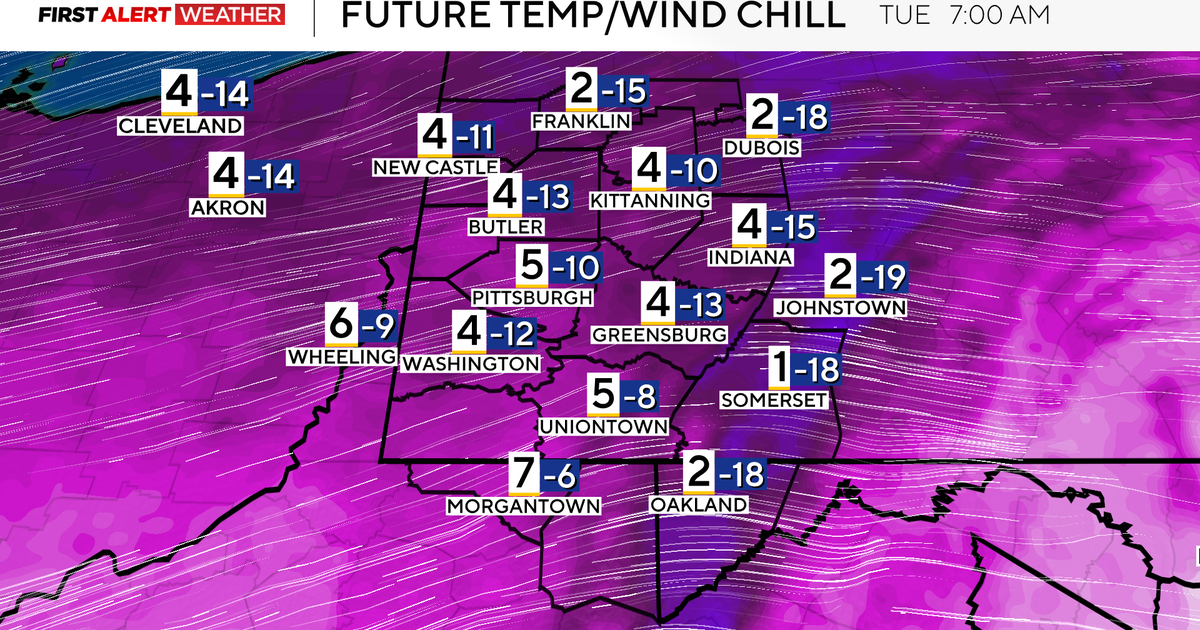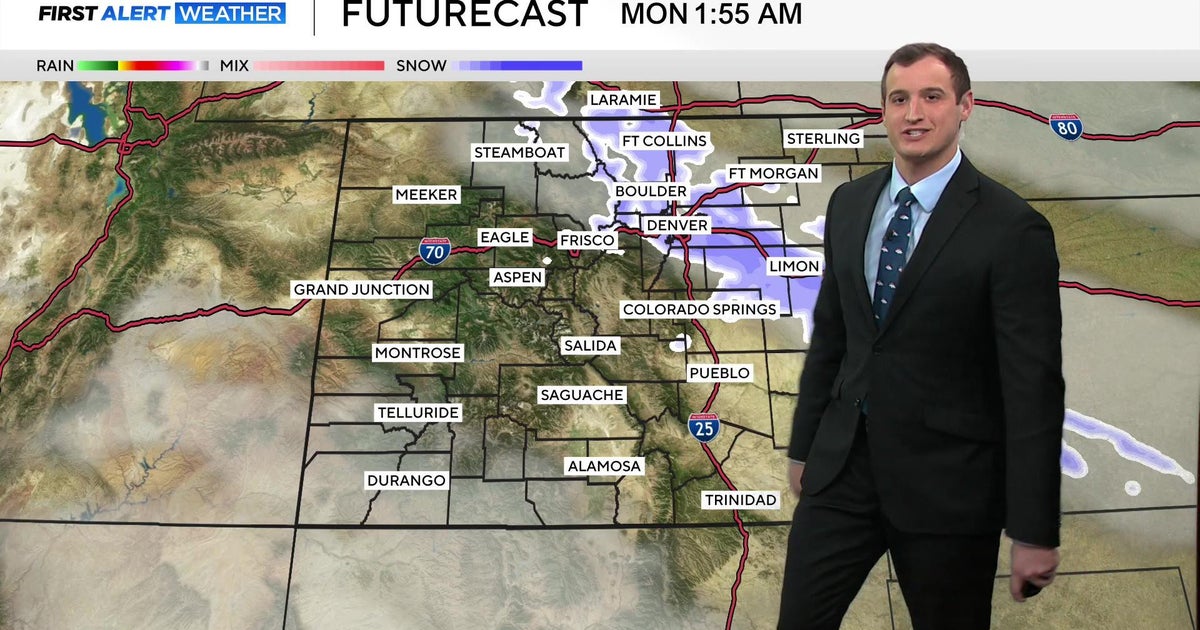Don't Get Too Caught Up In Powerball Fever, You Might Be Getting Scammed
SOUTHFIELD (WWJ) - With Powerball now breaking records for the largest lottery jackpot in history, the Better Business Bureau is warning consumers that scammers will be taking advantage of the situation to trick people into thinking they are winners.
The big Powerball winners will be announced on television and online, but BBB expects to see scammers reaching out via email, telephone and snail mail to "inform" secondary winners of smaller prizes. Lottery scams were among the top ten scams of 2015 as reported to BBB's Scam Tracker.
Typically, targets of a lottery scam are asked to pay "taxes" or other fees upfront before they can claim their "winnings." Of course, once they make the payment (or several payments), the big prize never materializes and the scammers are nowhere to be found.
In another variation, the target receives a congratulatory letter in the mail informing them of the big win. Included is a check to cover the taxes on the winnings. Victims are instructed to deposit it into their bank account and then send the money to a third party, usually by wire transfer or prepaid debit card, which are largely untraceable. The lottery check is a fake that bounces and the victim is out the money.
Here are BBB's tips to avoid lottery scams:
• Powerball tickets have to be purchased in person. They also should be purchased at an official lottery retailer. Be sure to look for appropriate signage and the official retailer sticker. Check online for locations near you.
• Don't pay up to claim your prize. You should never have to pay money or buy products in order to receive a prize. Be especially wary of requests to send money via wire, prepaid debit card, gift card or other unusual forms of payment.
• Be wary of email announcements. Major sweepstakes organizations sometimes email about smaller prizes, but for big winners they usually show up at your house with a big check (and a camera crew).
• You can't win a contest you didn't enter. You need to buy a ticket or complete an application to participate in a contest or lottery. Be very careful if you've been selected as a winner for a contest you never entered.
• Verify -- but not by using a source the scammers give you. Check if an offer is real, but don't call the phone number in the email or website you suspect may be a scam. If it is a con, chances are the person on the other line will be involved, too.
To learn more about lottery scams and other cons, visit bbb.org/scam.
